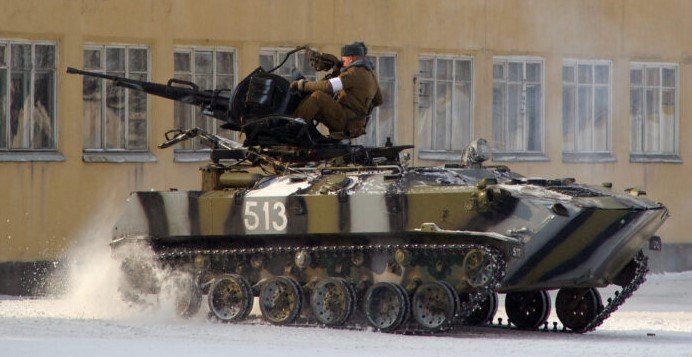Germany has announced plans to significantly reduce its military aid to Ukraine, a move that has sparked widespread concern among Kyiv’s allies. The German government intends to cut its military assistance by nearly half, from approximately €8 billion in 2024 to around €4 billion in 2025. This decision comes at a critical time, as Ukraine continues to defend itself against Russian aggression. The reduction in aid has raised questions about the future of Ukraine’s military capabilities and the broader geopolitical implications of this shift.
Impact on Ukraine’s Defense Capabilities
The reduction in military aid from Germany is expected to have a substantial impact on Ukraine’s defense capabilities. With the ongoing conflict with Russia, Ukraine relies heavily on international support to sustain its military operations. The planned cut in aid could limit Ukraine’s ability to procure advanced weaponry and maintain its current level of defense readiness. This reduction comes at a time when Ukraine is facing increased pressure on multiple fronts, making the need for sustained military support more critical than ever.
Ukrainian officials have expressed concern over the potential consequences of the aid reduction. They argue that the decrease in support could embolden Russian forces and undermine Ukraine’s efforts to defend its sovereignty. The aid cut also raises questions about the long-term sustainability of Ukraine’s defense strategy, as the country may need to seek alternative sources of funding and support to fill the gap left by Germany’s decision.

The broader implications of Germany’s move are also significant. As one of Ukraine’s key military donors, Germany’s decision to halve its aid could influence other countries’ support for Ukraine. This development may prompt a reassessment of international commitments to Ukraine’s defense, potentially leading to a decrease in overall military assistance from other allies.
Geopolitical Repercussions
Germany’s decision to reduce military aid to Ukraine has broader geopolitical repercussions. The move comes amid increasing concerns about the potential return of Donald Trump to the White House and the impact this could have on U.S. support for Ukraine. With the possibility of a shift in U.S. foreign policy, European allies are reevaluating their own commitments to Ukraine’s defense. Germany’s aid reduction may be seen as a preemptive measure to adjust to potential changes in the geopolitical landscape.
The decision has also sparked debate within Germany. Some policymakers argue that the reduction in aid is necessary to balance the country’s budget and address domestic priorities. However, critics contend that the move undermines Germany’s commitment to supporting Ukraine and maintaining stability in the region. The internal debate reflects broader tensions within the German government about the country’s role in international security and its responsibilities as a leading European power.
The reduction in aid also has implications for NATO’s collective defense strategy. As a key member of the alliance, Germany’s decision to cut military support for Ukraine could affect NATO’s overall approach to the conflict. The move may prompt other NATO members to reassess their contributions and strategies, potentially leading to a shift in the alliance’s collective response to the crisis.
Future Prospects and International Response
Looking ahead, the future of Germany’s military aid to Ukraine remains uncertain. The proposed reduction is part of a draft budget that still requires approval from German lawmakers. The outcome of this process will determine the final level of support that Germany provides to Ukraine in the coming years. In the meantime, Ukrainian officials and international allies are closely monitoring the situation and exploring ways to mitigate the impact of the aid cut.
The international response to Germany’s decision has been mixed. Some allies have expressed understanding of Germany’s budgetary constraints and the need to balance domestic and international priorities. However, others have voiced concern about the potential weakening of Ukraine’s defense capabilities and the broader implications for regional stability. The response from the international community will play a crucial role in shaping the future of military support for Ukraine.
As the situation evolves, it is essential for all stakeholders to engage in constructive dialogue and seek solutions that address both the immediate and long-term needs of Ukraine’s defense. The reduction in aid highlights the complex interplay between national interests, international commitments, and geopolitical dynamics. Finding a balanced approach that ensures sustained support for Ukraine while addressing domestic priorities will be a key challenge for Germany and its allies in the coming months.
